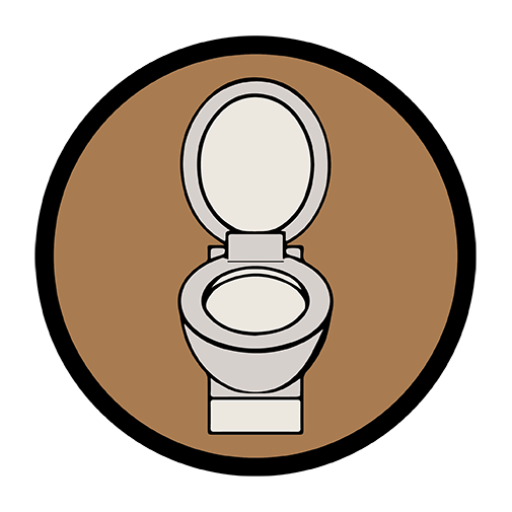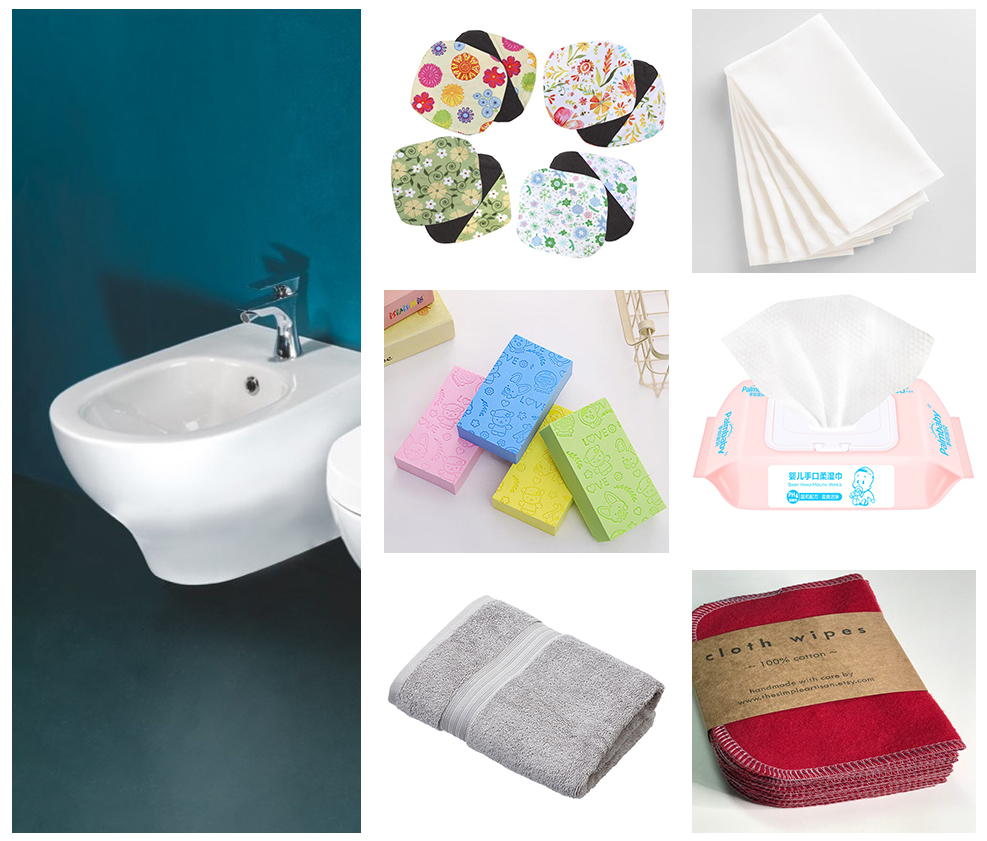Some advice in response to toilet paper shortages
The current pandemic is not the only reason to consider toilet paper alternatives, it may encourage people to reduce waste and help the environment, that’s because most of these options are not suitable to flush.
Anything soft enough not to irritate skin and thick enough not to break can work as a toilet paper alternative.
Baby\Adult wipes
Some people use baby wipes if they have sensitive skin as they do not cause irritation or leave behind lint. Some people may prefer them because they feel cleaner after using them. Adult wet wipes are identical to baby wipes and work just as well.
Some wipes contain only water or a trace of alcohol, but others contain disinfectants, such as bleach or ammonia. Therefore, it is advisable to check the ingredients and avoid anything that disinfects surfaces.
It’s not recommend flushing wipes because they do not break apart in sewers.
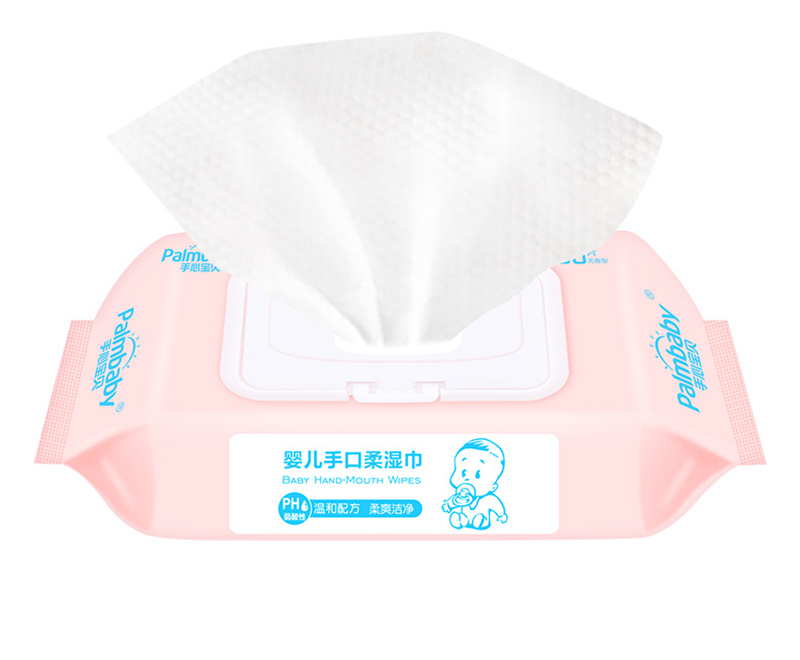
Sanitary pad
Sanitary pads are absorbent and soft, but much thicker than traditional toilet paper. If a person chooses to use a sanitary pad instead of toilet paper, they will not need to use many of them, which may help compensate for the fact that they can be expensive.
Some people use reusable or cloth sanitary pads. These soft, washable pads also work well as toilet paper for people who are comfortable washing and reusing them.
Do not flush any type of sanitary pad.
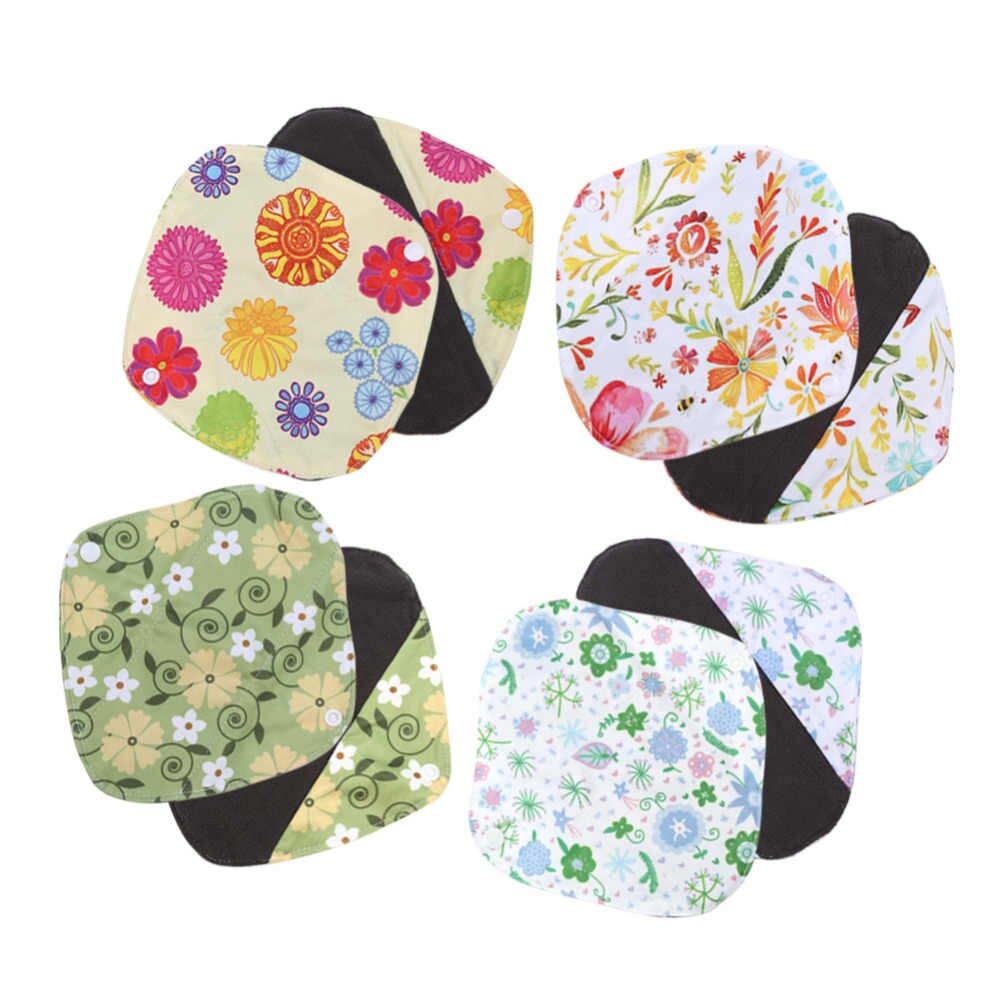
Family cloths
Reusable cloth, sometimes called family cloth, is fabric ‘toilet paper’ that people can use, wash, and use again.
It is usually much thicker than traditional toilet paper, which means a person may be able to use less of it.
A reusable cloth can transmit infections from one family member to another because it may harbor bacteria and other pathogens.
It is essential to thoroughly wash the cloth between uses, making sure to sanitize before washing and dry on a hot setting.
Wash hands thoroughly before handling or washing family cloth.
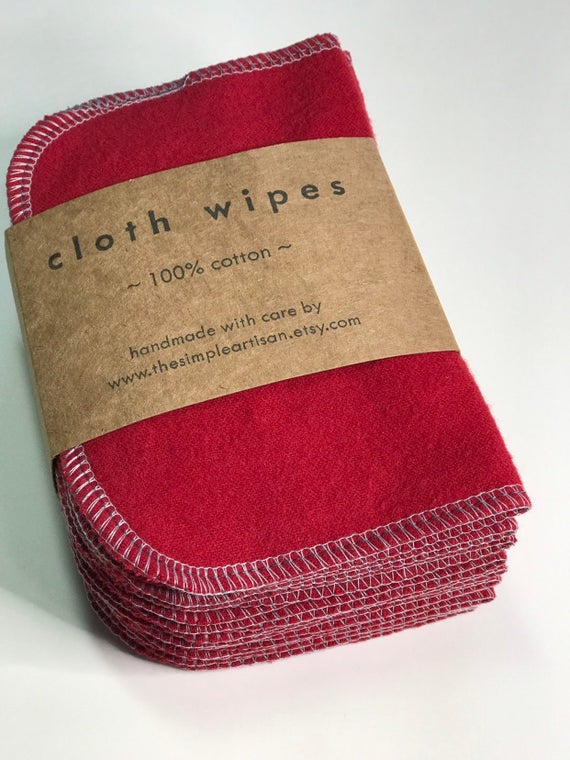
Napkins and tissues
Facial tissue and napkins boast a similar thickness to toilet paper. Some table napkins may be too rough to use, but others are sufficiently soft.
Some facial tissue contains menthol and other minty fragrances to help with congestion. This can irritate sensitive skin, so choose only fragrance-free options.
Do not flush napkins and tissues. Dispose of them in the trash.
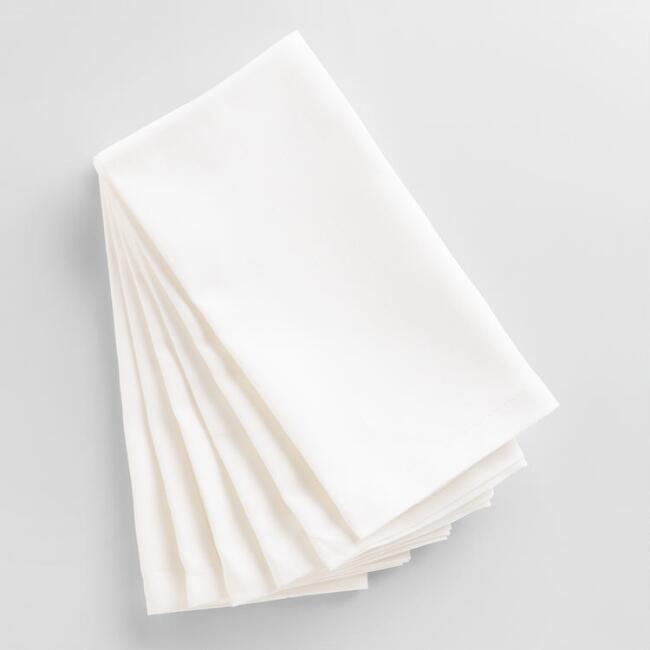
Towels and washcloths
Washcloths and towels are thick and are usually very soft. Try cutting up a few large, older towels to make smaller strips. Or purchase a large pack of hand rags and store them near the toilet.
Towels and washcloths present the same concerns as family cloth and may spread germs. Store them in a secure place and thoroughly disinfect before washing.
Always wash hands thoroughly after handling and using towels and washcloths to wipe after using the toilet.
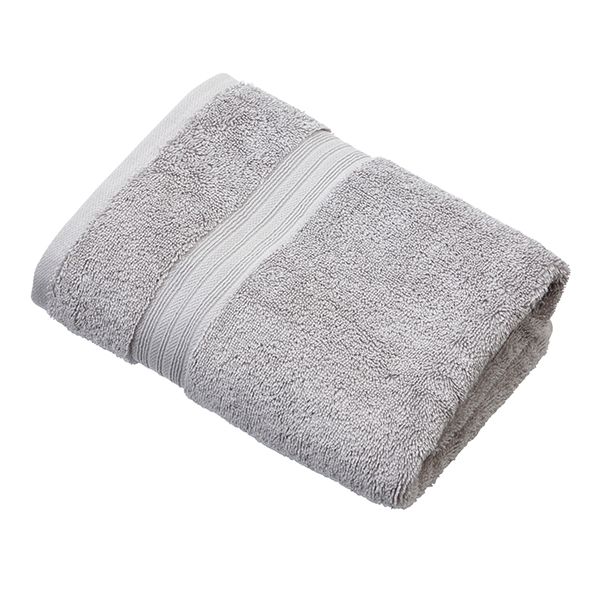
Sponges
Sponges are absorbent and soft but a person may find them difficult to use. Before use, wet the sponge then wring it out to ensure it is sufficiently soft.
Never reuse a sponge after having a bowel movement. Family members should never share the same sponge, even if a person only used the sponge to wipe urine.
Some sponges are safe to wash in the washing machine, so check the package instructions. Most sponges, however, will fall apart if you do that.
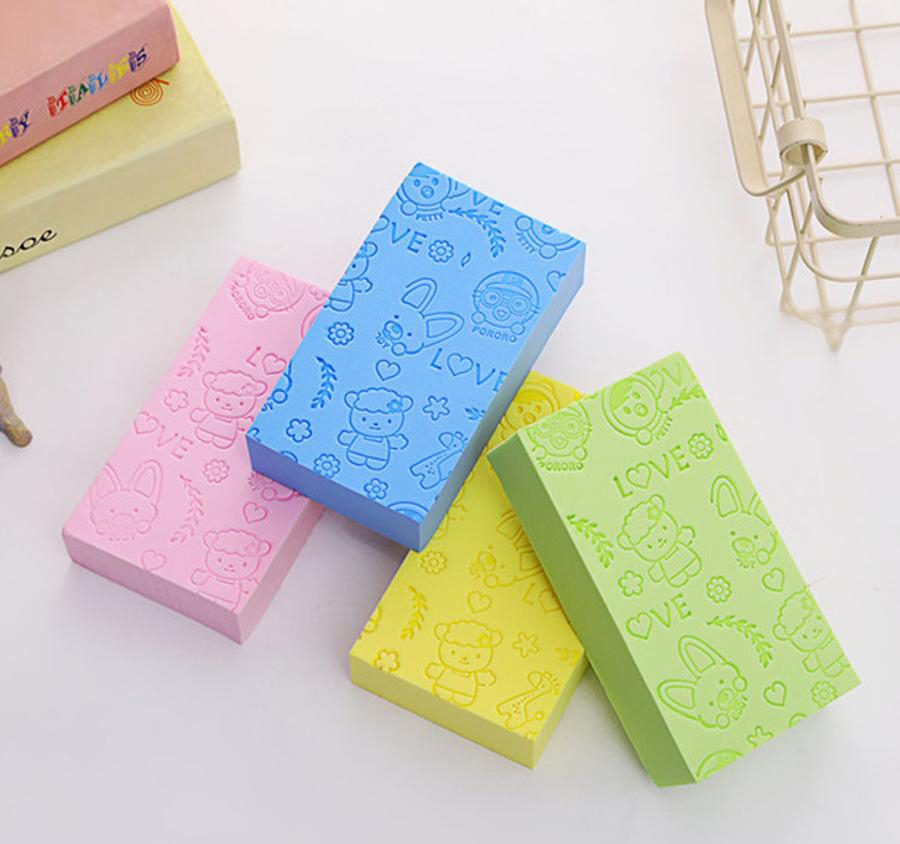
Bidet
A bidet is perfect to rinse yourself after using the toilet.
Some bidets attach directly to the toilet, while others are standalone pieces of furniture for the bathroom.
After use, you’ll need a towel to dry off, but you’ll save money from toilet paper and it’s the greenest solution with no waste.
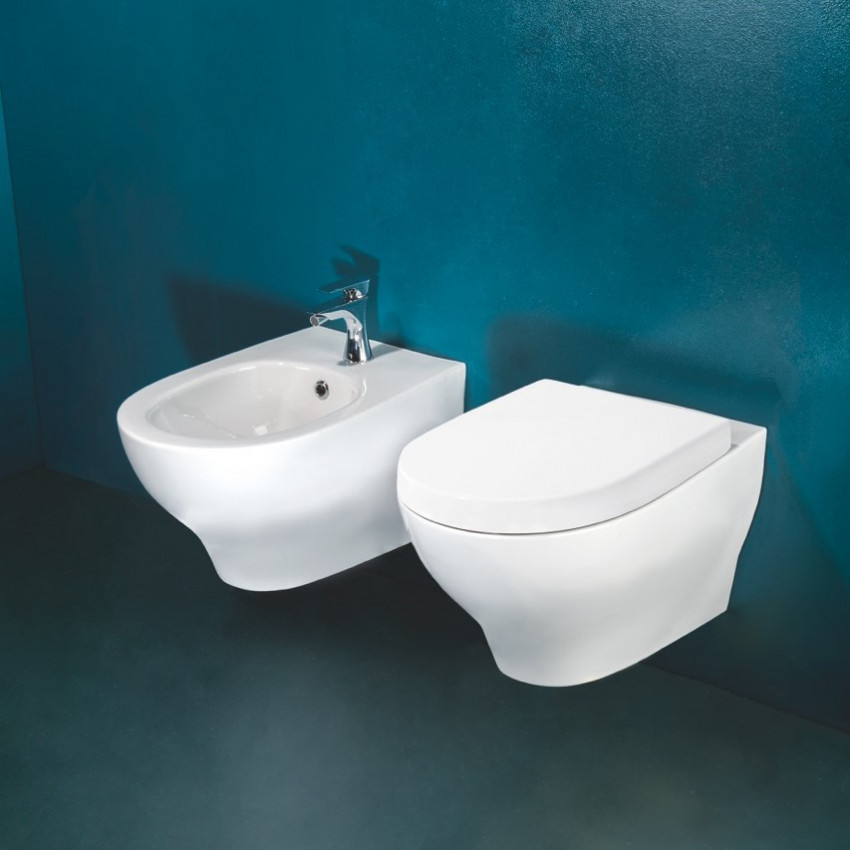
Toilet paper alternative safety and disposal
Toilet paper tends to dissolve more quickly than most alternatives, which are thicker and not designed for sewer systems.
Do not flush alternatives such as wipes, sanitary pads, paper towels, and similar products. Even wipes referred as to flushable can clog pipes. For those on a septic system, flushing alternative toilet paper may cause even more issues.
It may be okay to flush some toilet paper alternatives, such as thin tissue. To test whether something is flushable in a septic tank, try the following:
- Place four sheets of the toilet paper alternative in a plastic container with a lid.
- Fill the container two-thirds full with water.
- Shake the container for 10 seconds, then wait for the water to settle. If the toilet paper begins to dissolve, it is flushable.
To reduce the mess and smell associated with reusable or alternative toilet paper, invest in a small covered trash can. Use two cans if the family opts for a mix of disposable and reusable alternatives.
When it is time to wash a load, soak the reusable cloth in warm water with a little bleach. Then place in the washing machine as its load, without other clothes. Wash at a very high temperature.
Dry in the dryer to sanitize, and use the highest heat setting to help kill germs.
Family members should not share reusable toilet paper options since it can carry bacteria, yeast, and other microbes.
Instead, try giving each family member a set of reusable cloth in a different color so that each person knows which is theirs.
For many families, a combination of toilet paper alternatives works best.
Some people will base their options on a variety of reasons, such as personal preference, cost, availability, and the reason for their use.
Try experimenting with several different options to see what works best.
Source medicalnewstoday.com
